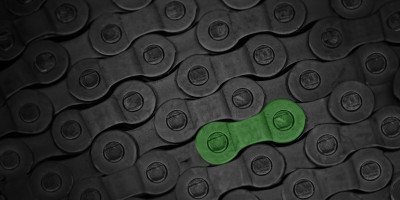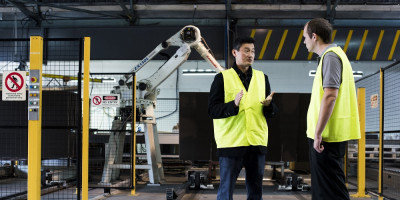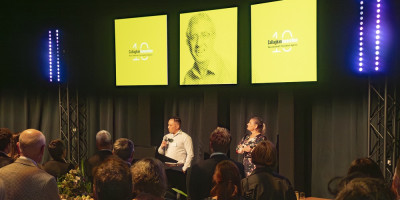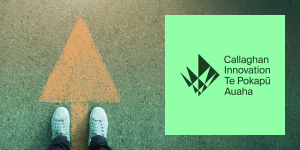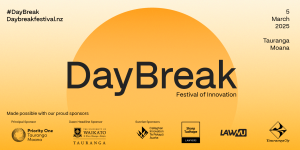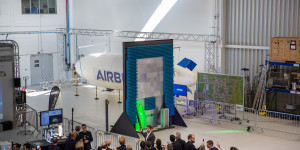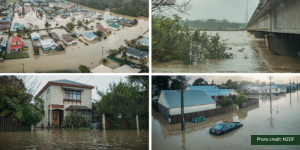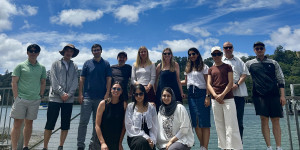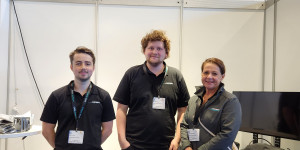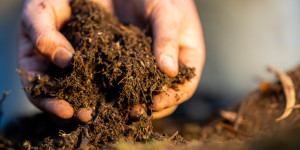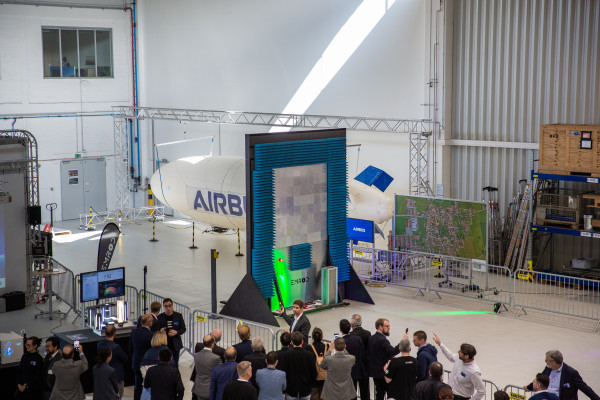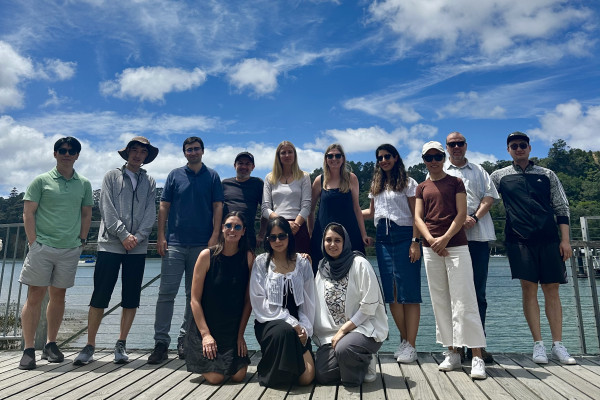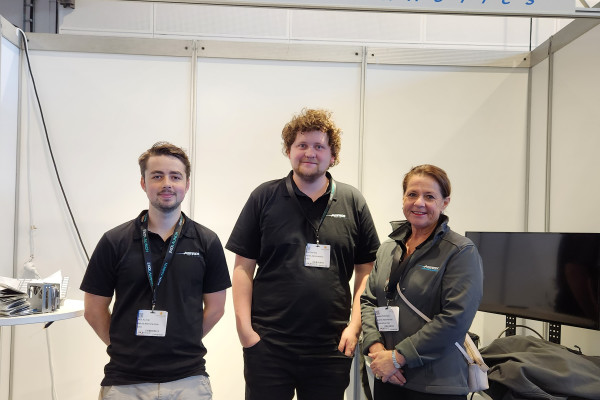Winely is helping winemakers create the perfect drop with their real-time fermentation analysis technology. We’ve been helping Winely train the team they need to take the technology to the world.
At a glance
- By providing real-time fermentation analysis technology to the wine industry, Winely is helping winemakers make more informed decisions and solving a long-standing industry problem in the meantime.
- Callaghan Innovation’s support not only helped bring Winely’s technology to life, but also grow their technical team, and stay New Zealand based.
- Winely is working with some of the best wineries across the world, helping them save on average around $200,000 a year through reduced labour and improved quality control.
Our Callaghan Innovation support solidifies our need and desire to be New Zealand-based. We were able to justify our position to remain in New Zealand, despite some pressure from offshore investors, due to the R&D support that exists here.
- Abbe Hyde, founder and CTO, Winely
An age-old problem for winemakers
Winemakers, explains Winely CEO, Jacob Manning, are scientists and engineers. And the truly epic ones are also great artists – “they’re like da Vinci,” he says.
But in their artistic endeavours, their desire to ferment their wine and create the best wine possible, winemakers have forever had to battle with manual processes and working with outdated, inaccessible data.
Throughout the fermentation process, where grape juice is turned into alcohol, winemakers have to draw daily samples and send them off for lab analysis before any adjustments can be made. In the meantime however, the ferment has already moved on. The winemaker could have missed the opportunity to adjust something, with entire tanks sometimes lost due to the lag.
Dunedin-based Winely’s innovative solution to this problem is real-time fermentation analysis technology. With sensors that sit in fermentation tanks, Winely then combines artificial intelligence and cloud-based software to analyse and report the data to the winemakers, all in real time.
Training technical talent with Callaghan Innovation’s support
Some initial technology, some crucial insight from winemakers, and a Callaghan Innovation grant later, and Manning alongside co-founder and CTO Abbe Hyde had the first iteration of Winely.
Over the years, a major challenge for Winely has been finding experienced staff, particularly technical winemakers, of which there are only a handful in New Zealand.
So the team instead decided to train their own talent, many of which have been students through Callaghan Innovation’s R&D Experience and Career Grants. Summer internships see students working on R&D projects, as well as helping to install the technology in the field. Some interns even go on to join Winely as full-time employees.
The taste of success
Having developed its technology alongside some of the world’s best winemakers in New Zealand, Australia, California and France (where it’s working with “the second most influential winery on the planet”), Winely’s technology is already proving its worth to wineries.
On average, Winely saves wineries around $200,000 a year through reduced labour and improved quality control. It also offers significant health and safety benefits, with staff no longer required to climb up scaffolds to retrieve samples from massive tanks containing powerful ferments.
Despite global appeal, and global investors, the Winely founders are committed to remaining in Dunedin.
“Our Callaghan Innovation support solidifies our need and desire to be New Zealand-based,” says Hyde. “We were able to justify our position to remain in New Zealand, despite some pressure from offshore investors, due to the R&D support that exists here.”
Manning says the business intends to grow its commercial team to offer its technology to wineries globally. But as fermentation analysis specialists, there is much larger potential to apply the technology beyond even the scope of the world’s 1 million wineries. With industries like alternative proteins and bioplastics emerging as a result of the need to address global resource and sustainability concerns, unlocking the fermentation process will open up a world of opportunity.

